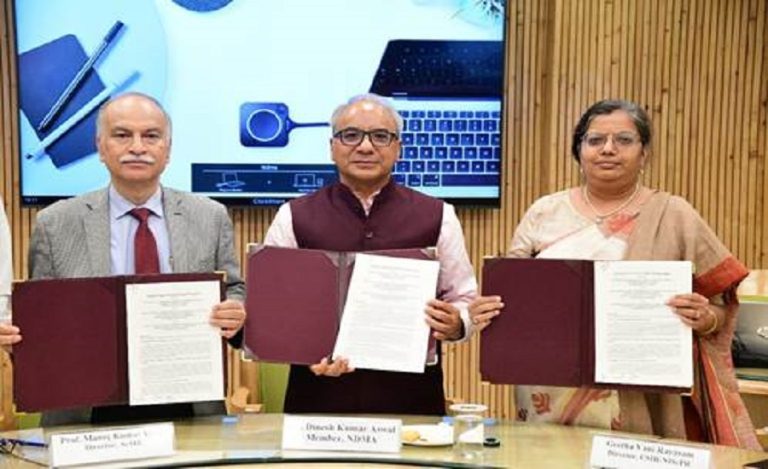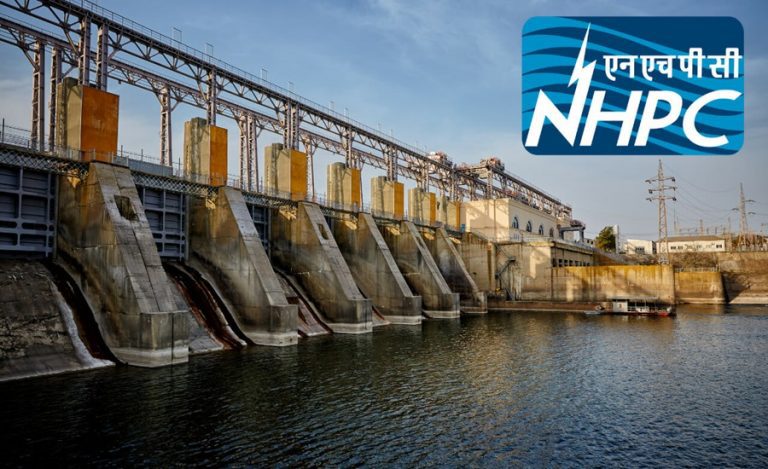The Reserve Bank of India has issued the Pre-payment Charges on Loans Directions, 2025, prohibiting all banks and regulated lenders from levying pre-payment penalties on floating-rate loans taken by individual borrowers for personal (non-business) purposes, effective from January 1, 2026.
Full Clarity and Consumer Freedom
Under these rules, borrowers can repay floating-rate loans—fully or partially—without any charges, irrespective of whether they use their own funds or a co-obligant. There is no mandatory lock-in period, and loans with dual or special rates are also covered if the rate is floating at repayment time.
Broad Regulatory Scope
The guideline applies to nearly all lenders: public and private commercial banks (excluding payments banks), cooperative banks, NBFCs, and All India Financial Institutions. The ban applies to both new and renewed loans from January 1, 2026 onwards.
Also Read: RBI Mandates Banks to Deploy DoT’s Fraud Risk Tool for Real-Time Cybercrime Detection
Extension to Business Loans
The RBI also confirmed that the prohibition includes floating-rate business loans taken by individuals and micro and small enterprises (MSEs). However, for smaller banks and NBFCs, the cap applies only to business loans up to ₹50 lakh.
Transparency and Fair Disclosure
Lenders must clearly state any pre-payment charges in sanction letters, loan agreements, and Key Facts Statements. Undisclosed or retrospective charges are strictly forbidden. If a lender initiates pre-payment, the borrower must not be penalised.
Consolidated Policy Approach
This new direction replaces several previous circulars, standardising guidelines and eliminating conflicting instructions—part of RBI’s efforts to enhance borrower protection and foster healthy competition.
About RBI
The Reserve Bank of India (RBI), established on April 1, 1935, is India’s central banking authority under the Reserve Bank of India Act, 1934. Headquartered in Mumbai, it regulates the issue and supply of the Indian rupee and oversees the country’s monetary policy. The RBI plays a vital role in controlling inflation, stabilizing the financial system, supervising banks, and promoting inclusive economic growth across India.
Also Read: RBI Appoints Kesavan Ramachandran as Executive Director




























